BigData: Focusing on Business outcomes
Big Data London is currently ongoing throughout June and there are some great free resources online. This talk was given by Jason Foster of Cynozure on building agile and interactive data strategy and teams and is well worth a listen. With some excellent practical examples from Barry Green, CDO at Allianz
Some of the key points that I took out from this presentation were:
- Show added business value that is tangible. Do this by starting small and demonstrating a proof of concept that adds value immediately to the company’s bottom line. This helps get buy-in from senior stakeholders early on.
- Look at your desired business outcomes before building up capability for capability’s sake. There is a temptation to buy in technology that looks really useful without properly aligning it with your desired business outcomes.
- Think differently about how projects are done. A product approach that has multidisciplinary teams working together to achieve business outcomes is more efficient. Ditch the ineffective meetings and only have meetings that lead to real decision making based on qualified facts rather than opinion.
- Some decisions are going to be painful – What is optimal for the organization may be sub-optimal for your team. Sometimes you need to compromise in one area for the good of the business but this shows maturity in decision making.
- Fix forward – Stop the rot – Most organisations have not grown up as digital natives. There is a lot of legacy systems that do not meet modern data practices. In new initiatives use the best practice of privacy by design, data retention policies and data governance. Decommission legacy systems that are not compliant.
- Productisation of data – Data solutions are products in their own right whether it is a dashboard or a new algorithm it needs a product approach. This helps people engage with it, makes it feel tangible as it aligns with the business outcomes i.e. retaining customers or increasing per visit purchases.
- Commoditised data services – How do we create something once and reuse? A key part is in the dynamics of team relationships. With people who may never had to work together collaboratively joining the team. Having cross-functional teams or squads that empowers local ownership of the data services is critical. Moving from capability focused teams to business outcome-focused teams is key. This allows the data products to be fully autonomously customised and improved by the people who use them day to day.
This was a really helpful discussion and thanks to Jason and Barry for sharing their practical examples and all the great content that is available on BigData London.
